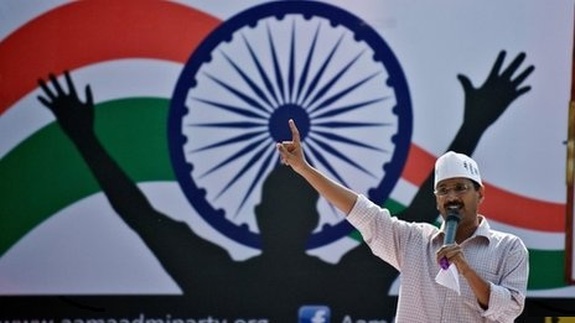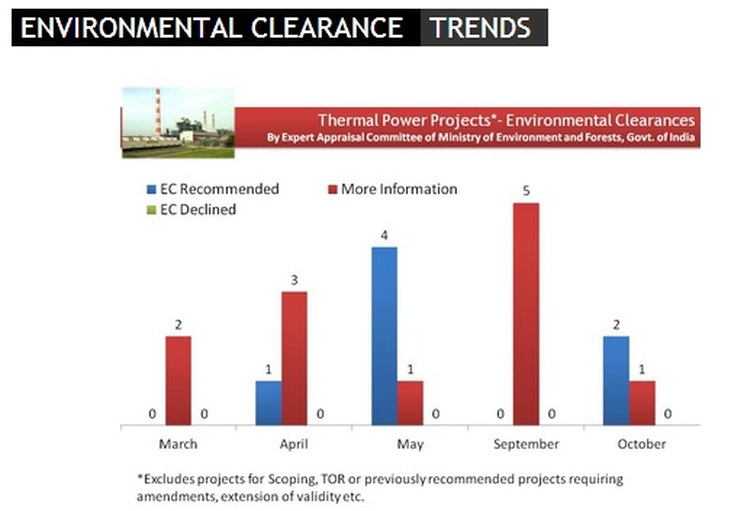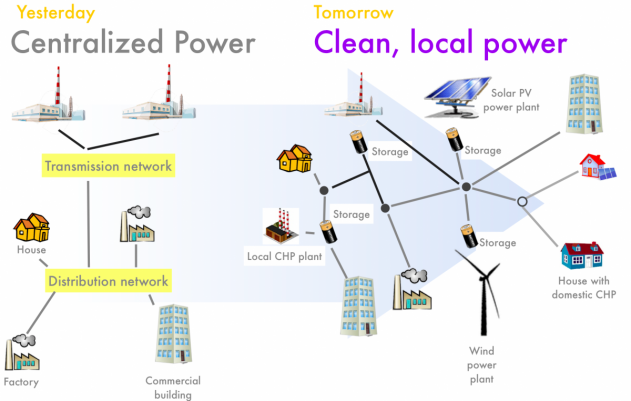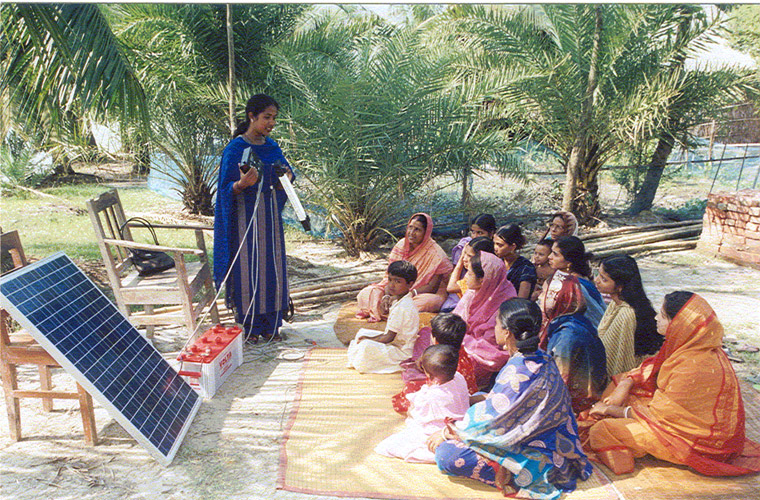By Justin Guay
Indian development is at a pivotal moment. From stagnant economic growth to a raging Current Account Deficit (CAD) Crisis, to widespread anger over corruption in politics, the inevitability of India's ascent no longer seems assured. The last of which explains why voters overwhelmingly supported the Aam Admi Party (AAP) ('common man' party) in recent elections. This newly minted party (formed out of the Anna Hazare anti corruption movement) has the people's support to clean up Indian politics starting in Delhi. The question now is whether the party of the people will focus on the element common to all three challenges facing India: energy.

The Indian government is going bankrupt paying foreign countries for fossil fuels (mostly oil but increasingly coal) that are powering a broken system that fails the poor but rewards widespread corruption.
Whether it's the $34 billion coal-gate scandal that rocked the Congress government or the financially broke state discoms, the system is a mess. Right now it is propping up a massive coal bubble that has left 300 million people without power while simultaneously killing around 100,000 people every year.
But how will the AAP's popular mandate make a people's energy system out of this morass? The answer is governance and accountability in the power grid.
Whether it's the $34 billion coal-gate scandal that rocked the Congress government or the financially broke state discoms, the system is a mess. Right now it is propping up a massive coal bubble that has left 300 million people without power while simultaneously killing around 100,000 people every year.
But how will the AAP's popular mandate make a people's energy system out of this morass? The answer is governance and accountability in the power grid.

Already the AAP is demanding accountability and governance from the Delhi state discom under investigation over allegations that they've hidden profit in order to justify rate hikes. Cleaning up the discoms is a first step in cleaning up a rot that runs deep in the centralized grid.
That also means a reversal of the culture of fast-tracking industrial projects over the protests of the people. To understand just how deeply entrenched that culture is consider this - at the very same time the AAP began investigating state discoms, the Environment Secretary, Jayanthi Natarajan, stepped down amongst rumors she has not approved coal and industrial projects quickly enough despite the fact that she did not deny approval to a single thermal power project last year. Worse, she was replaced with, of all people, the petroleum minister, and not five days later a committee chaired by Prime Minister Singh himself cleared nine new coal projects.
But how exactly can this culture be reversed?
Empowering the National Green Tribunal where the people take their grievances and letting them actually be heard would be a start. That, along with empowering the Ministry of Environment and Forests to force coal plants to clean up their toxic pollution by improving India's abysmal air quality standards (which are four to 20 times worse than China's) would go a long way towards ensuring the poor are no longer forced to bear the brunt of the countries development. Already the AAP is using its popular mandate to take steps in this direction by aligning its energy policy with grassroots movements and popular resistance.
Empowering the National Green Tribunal where the people take their grievances and letting them actually be heard would be a start. That, along with empowering the Ministry of Environment and Forests to force coal plants to clean up their toxic pollution by improving India's abysmal air quality standards (which are four to 20 times worse than China's) would go a long way towards ensuring the poor are no longer forced to bear the brunt of the countries development. Already the AAP is using its popular mandate to take steps in this direction by aligning its energy policy with grassroots movements and popular resistance.
Decentralized Clean Energy
But to truly create a people's energy plan there must be solutions for the 300 million people currently failed by the centralized grid. That means powering the rural poor (and the hundreds of millions of urban residents who suffer from prolonged power outages) with the fastest, cheapest, most effective solution available - decentralized clean energy. Whether its mini-grids anchored by off-grid cell phone towers, or pay-as-you-go rooftop solar, decentralized clean energy will bring power to the people.
But to truly create a people's energy plan there must be solutions for the 300 million people currently failed by the centralized grid. That means powering the rural poor (and the hundreds of millions of urban residents who suffer from prolonged power outages) with the fastest, cheapest, most effective solution available - decentralized clean energy. Whether its mini-grids anchored by off-grid cell phone towers, or pay-as-you-go rooftop solar, decentralized clean energy will bring power to the people.
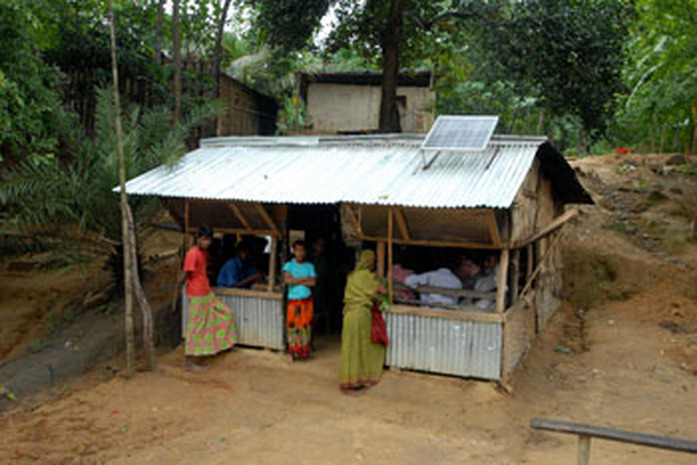 Bangladesh to install 25% of all of all off-grid households with clean energy by the end of 2014
Bangladesh to install 25% of all of all off-grid households with clean energy by the end of 2014
India need look no further than neighboring Bangladesh to see how effective such a people-centric policy can be. Already the country has installed 1.9 million solar home systems, putting it on track to reach 25 percent of all off-grid households with clean energy by the end of 2014. This off-grid clean energy powerhouse is at the forefront of the world's next wireless revolution - electricity. A revolution that will overwhelmingly benefit the poor.
People's Energy Plan?
With national elections looming the AAP has opened up important space in Indian politics. It now has an incredible opportunity to broaden its anti-corruption platform by creating truly people-centric policies from energy to health to education. India finally has a people's party. Perhaps now it will also have a people's energy plan.
With national elections looming the AAP has opened up important space in Indian politics. It now has an incredible opportunity to broaden its anti-corruption platform by creating truly people-centric policies from energy to health to education. India finally has a people's party. Perhaps now it will also have a people's energy plan.

